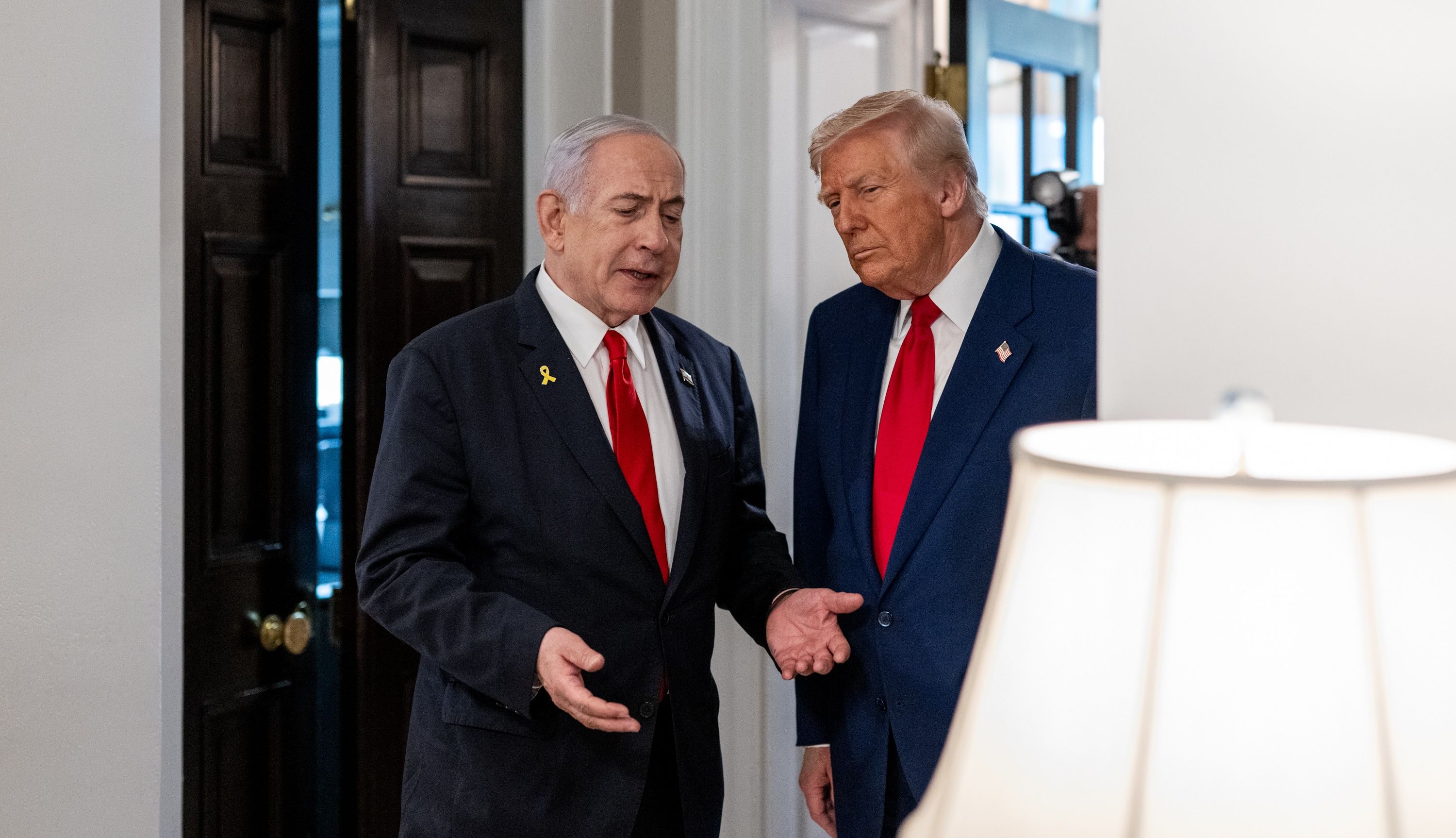Recent news that high level Trump administration officials — including special envoy Steve Witkoff — will meet either indirectly or directly with their Iranian counterparts, including Iran’s foreign minister, this coming weekend in Oman is quite remarkable, particularly given that the Biden administration never managed to get this far in four years.
Many in Washington will conclude that Trump succeeded in getting these negotiations to rein in Iran’s nuclear program started because he orchestrated a credible military threat against Iran. Indeed, that is a factor.
But a far more important factor is the other side of the equation: Tehran appears to believe that Trump really wants a deal and that he's willing and capable to offer serious sanctions relief to get it.
That upside never existed with Biden. Lifting sanctions on Iran was just too painful for the former president. And even the limited sanctions relief Biden was willing to offer, he could not make sustainable.
In that sense, Trump is very different. He doesn't treat diplomacy with America's detractors as a costly endeavor, nor is he a fan of sanctions that punish American companies.
So the promise for Iran is far greater with Trump than it was with Biden. And Tehran is apparently willing to offer concessions to secure that upside. Which is the main (but not the only) reason as to why things are moving so fast now.
As far as the substance of the talks goes, Israeli Prime Minister Benjamin Netanyahu was in Washington this week pushing for the so-called “Libya model” — or a complete dismantlement of Iran’s nuclear program.
But if Trump seeks to dismantle the Iranian nuclear program Libya-style, in addition to closing down Iran's missile program and Tehran's relations with its regional partners, then diplomacy will most likely be dead on arrival.
This strategy has been favored by proponents of war with Iran precisely because they know it will fail.
If Trump's strategy is centered on achieving a verification-based deal that prevents an Iranian bomb — his only red line — then there is reason to be optimistic about upcoming talks.
But beyond the substance of Netanyahu’s proposal, Trump would be foolish to take his advice on Iran diplomacy, given the fact that this accused war criminal has — for more than 20 years now — sought to prevent and sabotage talks in order to trap the U.S. into a forever war with Iran.
Instead, Trump should listen to those — including many of his own prominent supporters like conservative media personality Tucker Carlson — who know that a U.S.-Iran war would have destructive consequences for America. Following Netanyahu and others who share his views down the path to war with Iran is a great way to ensure that U.S. foreign policy puts Americans' best interests last.
















